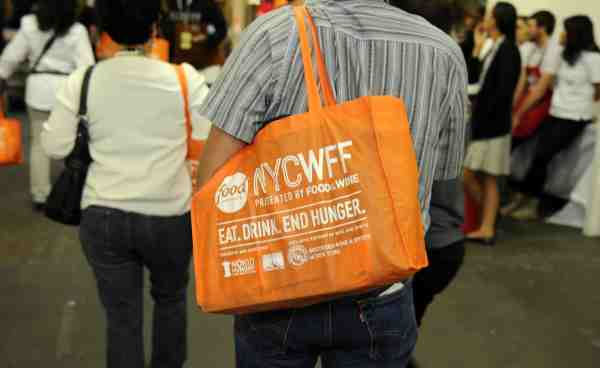Egg Recall: Shell Eggs Can Cause Serious Illness
The U.S. Food and Drug Administration (FDA) says that an outbreak of Salmonella Enteritidis (SE) that has sickened hundreds of people across the country has led to a recall of shell eggs.
Working with the Centers for Disease Control and Prevention (CDC) and state public health partners, the FDA reviewed epidemiologic and environmental investigation documents and identified 3 best-case clusters of Salmonella Enteritidis illnesses.
Tracebacks revealed Wright County Egg in Iowa as the common shell egg supplier in these clusters.
According to FDA, the facts are:
- The current recall of eggs in their shells, or “shell eggs,” is part of an ongoing and intensive investigation by local, state, and federal officials into the cause of recent cases of Salmonella Enteritidis.
- This recall affects shell eggs produced by Wright County Egg of Galt, Iowa. The eggs are packaged under different brand names and distributed nationwide.
- The shell eggs may contain Salmonella Enteritidis (SE) and may cause serious illness.
- Salmonella can cause serious and sometimes fatal infections in young children, frail or elderly people, and others with weakened immune systems.
- Consumers should throw away the product or return the product to the store for a full refund.
On August 13, Wright County Egg voluntarily conducted a nationwide recall of shell eggs on 3 of its 5 farms. Further epidemiologic and traceback information led to Wright County Egg expanding its recall on August 18 to cover all 5 farms and 380 million eggs (according to company figures).
Also Read:
FDA Approves ella for Emergency Contraception
P&G Announces Recall of Dry Pet Foods
Toyota to Recall Avalons to Fix Steering Glitch
The Agency has activated its emergency operations command center with scientists, investigators, epidemiologists, and communication experts. In addition, the FDA deployed an initial team of 10 investigators to Wright County Egg in Iowa to inspect the farms and determine the source of the contamination.
More investigators are being deployed to help on-site, looking to find the source of the contamination. Investigators are performing environmental assessments of farm conditions and practices including pest and rodent controls, biosecurity plans, environmental monitoring, sanitary controls, and feed sources.
The FDA is initiating effectiveness checks of the recall, conducting checks at retail stores, wholesalers and distributors to make sure the recalled shell eggs are being removed from the market.
The FDA is in ongoing communications with Wright County Egg to ensure that appropriate preventive measures are put in place to reduce the risk of recurrence.
Symptoms of Illness: Healthy persons infected with Salmonella often experience fever, diarrhea (which may be bloody), nausea, vomiting and abdominal pain. In rare circumstances, infection with Salmonella can result in the organism getting into the bloodstream and producing more severe illnesses such as arterial infections (infected aneurysms), endocarditis and arthritis.
Salmonella can cause serious and sometimes fatal infections in young children, frail or elderly people, and others with weakened immune systems.
Shell eggs under the August 13, 2010 recall are packaged under the brand names: Lucerne, Albertson, Mountain Dairy, Ralph’s, Boomsma’s, Sunshine, Hillandale, Trafficanda, Farm Fresh, Shoreland, Lund, Dutch Farms and Kemps.
Shell eggs are packed in 6-egg cartons, 12-egg cartons, 18-egg cartons, and loose eggs with Julian dates ranging from 136 to 225 and plant numbers 1026, 1413 and 1946.
Recalled shell eggs affected by the expanded recall are packaged under the brand names: Albertsons, Farm Fresh, James Farms, Glenview, Mountain Dairy, Ralphs, Boomsma, Lund, Kemps and Pacific Coast.
Eggs are packed in varying sizes of cartons (6-egg, 12-egg, and18-egg cartons, and loose eggs for institutional use and repackaging) with Julian dates ranging from 136 to 229 and plant numbers 1720 and 1942.
Dates and codes can be found stamped on the end of the egg carton or printed on the case label. The plant number begins with the letter P and then the number. The Julian date follows the plant number, for example: P-1720 223.
The recall affects eggs shipped since May 16, 2010 were sent to food wholesalers, distribution centers and foodservice companies in California, Illinois, Missouri, Colorado, Nebraska, Minnesota, Wisconsin, Arizona, Texas, Georgia, Washington, Oregon, Nevada, Utah, Arkansas, Oklahoma and Iowa.
💛 Support Independent Journalism
If you find RMN News useful, please consider supporting us.



